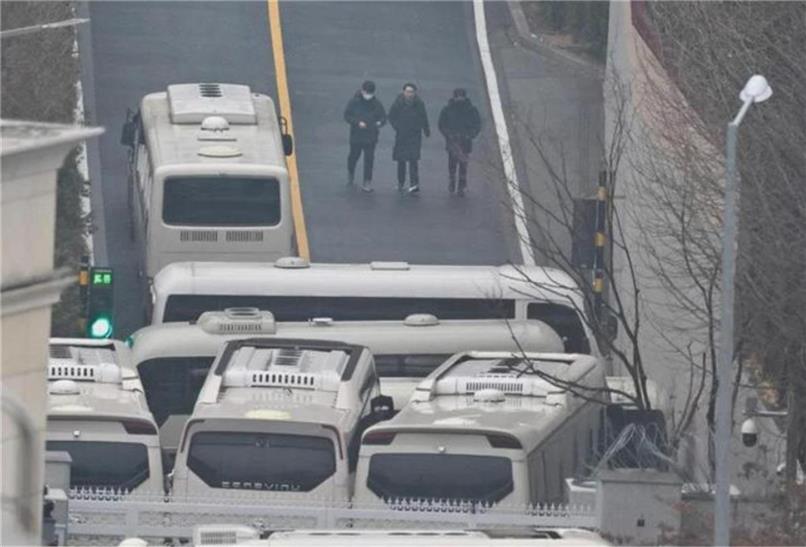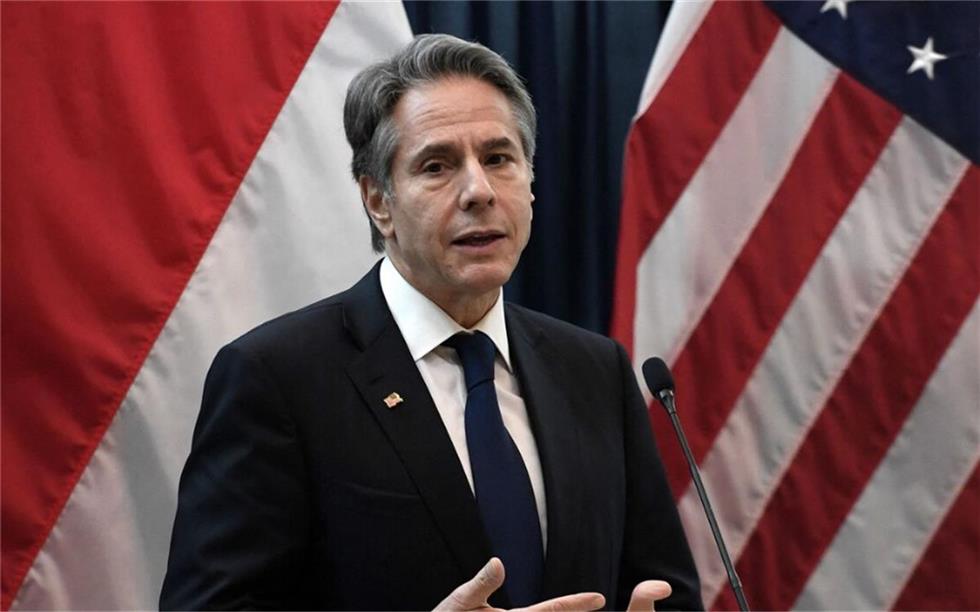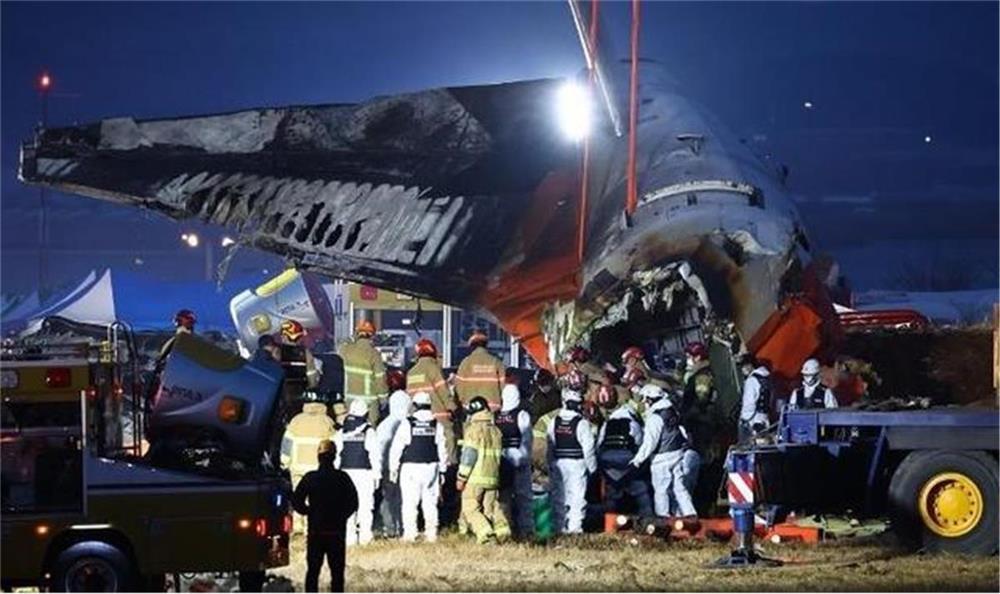Zelensky: Let 2025 be the year of Ukraine, we will do our best to end the war

Ukrainian President Volodymyr Zelensky vowed in a New Year's address Friday to fight to end Russia's nearly three-year invasion not only "at the front" but "at the negotiating table" as well during coming months.
"Each new day of the upcoming year, we will fight for a sufficiently strong Ukraine. Because only such a Ukraine can be respected and heard. Both at the front and at the negotiating table," he said.
Russia "captured" seven times as much Ukrainian territory in 2024 as it did the previous year, according to an Agence France-Presse analysis of conflict data. Ukraine's war effort in 2025 is shadowed by fears of losing US political and military support if Donald Trump becomes president again this year.
"Let us make 2025 our year. Ukrainian. Because we clearly understand that we will be given neither recognition nor peace as a gift. Yet, we will do what we can to stop Russia, to end the war."
Trump has said the war would end within "24 hours" after he takes office and analysts believe that would mean Ukraine would have to give up more territory to Russia in exchange for peace.
"I have no doubt that the new president of the United States is eager and capable to achieve this — peace and an end to Putin's aggression," Zelensky said during the speech which the BBC broadcast live.
Russian President Vladimir Putin made no direct mention to the Ukraine war in his own lengthy new year's address which he gave on December 31. He, however, praised Russian soldiers' "bravery and nervelessness".
Two days earlier on December 29 local time, Russian Foreign Minister Sergey Lavrov said his country was "not satisfied" with proposals from Trump's team regarding Ukraine ceasefire. "We will not agree as well with pushing back the timeline for Ukraine's expected membership to NATO indefinitely... and we will not agree with a peacekeeping force from Europe being deployed to Ukraine", Lavrov said in an interview with RIA news agency TASS.
Both proposals, Lavrov added, were floated by the Trump team as potential options in a "long-term agreement" with Russia. Lavrov's comments come the same week that President Volodymyr Zelensky admitted to Kyodo News Agency of Japan that Ukraine could not "restore control of Russian-occupied [territory] by force" anytime soon.
Lavrov's comments are the latest from Russia in months of back-and-forth regarding a potential ceasefire deal with a second President Trump, including Putin's mention at a late December press conference with "positive signals" coming from America, Russia would be "willing to return to talks to bring peace to Ukraine". The Kremlin said in early December it had made the US a "specific proposal to end the conflict in Ukraine on the basis of international law".
But Lavrov was clear on Russia's conditions for a peace process.
"Such kind of peaceful relations (with Ukraine) can be achieved only on the basis of reliable and legally binding agreements and arrangements", Lavrov said, adding this would only work if the deal addresses underlying problems in relations that caused the conflict.
He then reiterated a "well-known" Russian position on how to "end the hostilities" that was "outlined by our president". Lavrov's mention likely refers to the five-point plan for peace that Putin said should be part of any peace plan, including Ukraine committing not to join "NATO" and not to deploy foreign weapons in its territory and Russia guaranteeing the security for such a neutral status. Putin also said Russia will demand "corresponding guarantees" from NATO in exchange.
But such a plan would be difficult to enact, given Ukraine's insistence, which Trump has supported, that it would only sign a peace deal as a sovereign state without the status of neutrality. Ukrainian leaders have also been clear to rule out any territorial concessions.
Lavrov was not done. In his hour-long interview he also slammed NATO's planned military deployment on Russia's border in a thinly-veiled response to NATO's recent expansion announcement. The alliance said in early December it agreed in principle to expand in 2023, adding new members as a part of NATO's "open door" policy, though it didn't name any potential candidates. NATO leaders made clear earlier this month that Finland will be the front-runner to join the alliance if it wants to.
"Such dangerous experiments have already led, as you know, to the escalation of the armed confrontation between Russia and Ukraine," Lavrov said, according to a translation from NBC News.
The announcement on NATO enlargement, he said, shows "that there was not and will not be" any "letup on the line of unleashing the next stage of NATO military-strategic aggression against Russia".
Russia said earlier this month it would respond to the new deployments by deploying its own strategic forces, without specifying what that would entail. Lavrov said he would not comment on those plans.
 Famous Persons
Famous Persons English
English
 Smith
Smith Facebook
Facebook Twitter
Twitter Pinterest
Pinterest Linkin
Linkin Email
Email Copy Link
Copy Link










